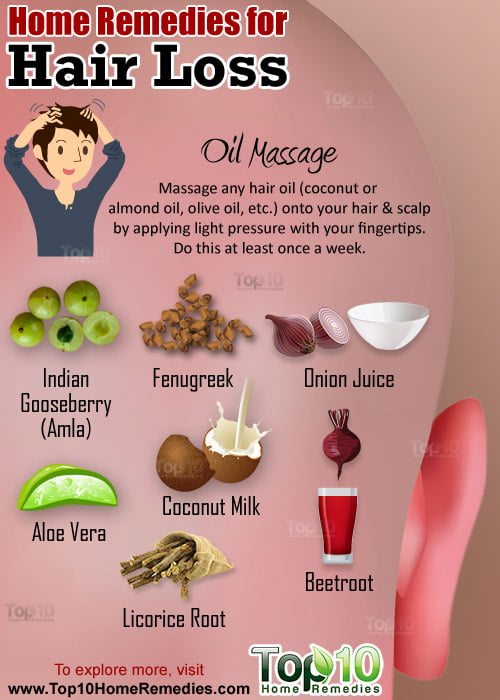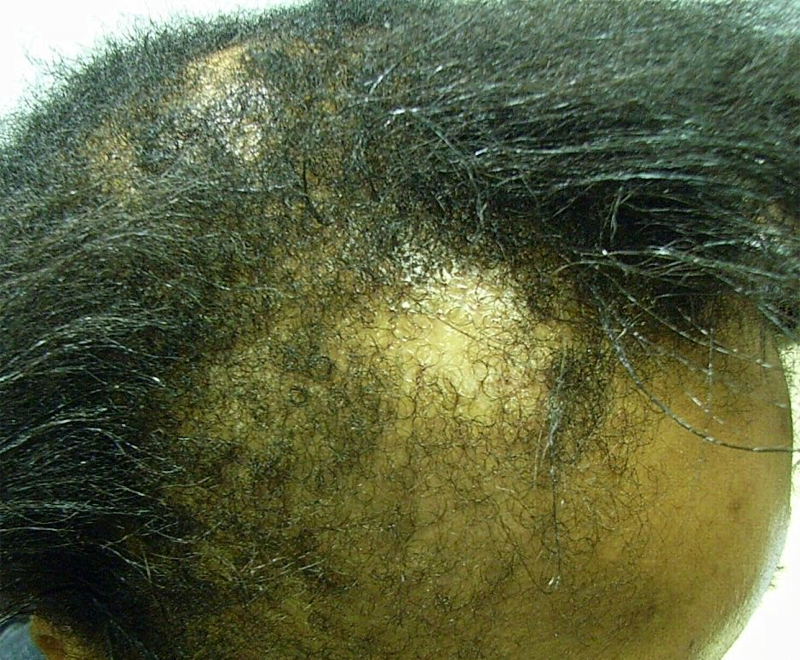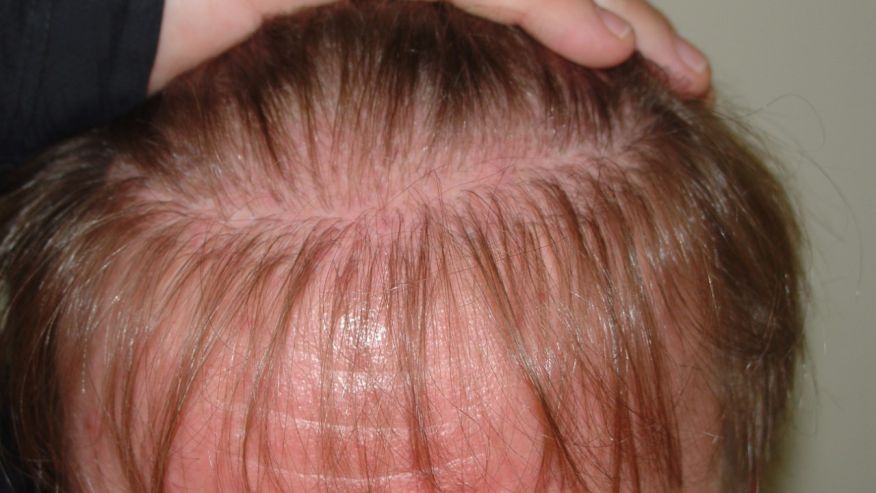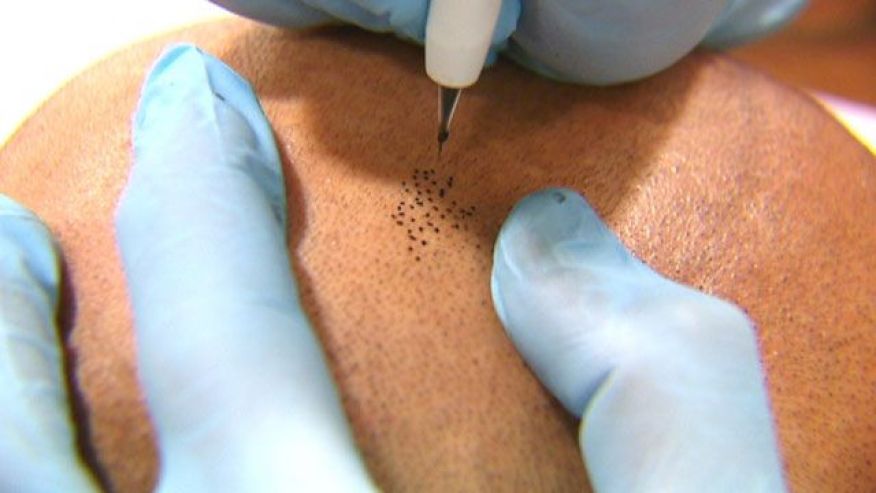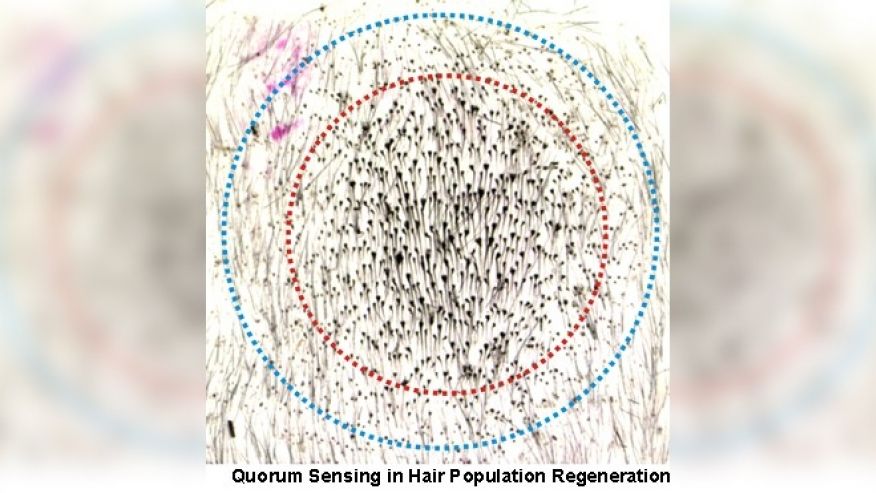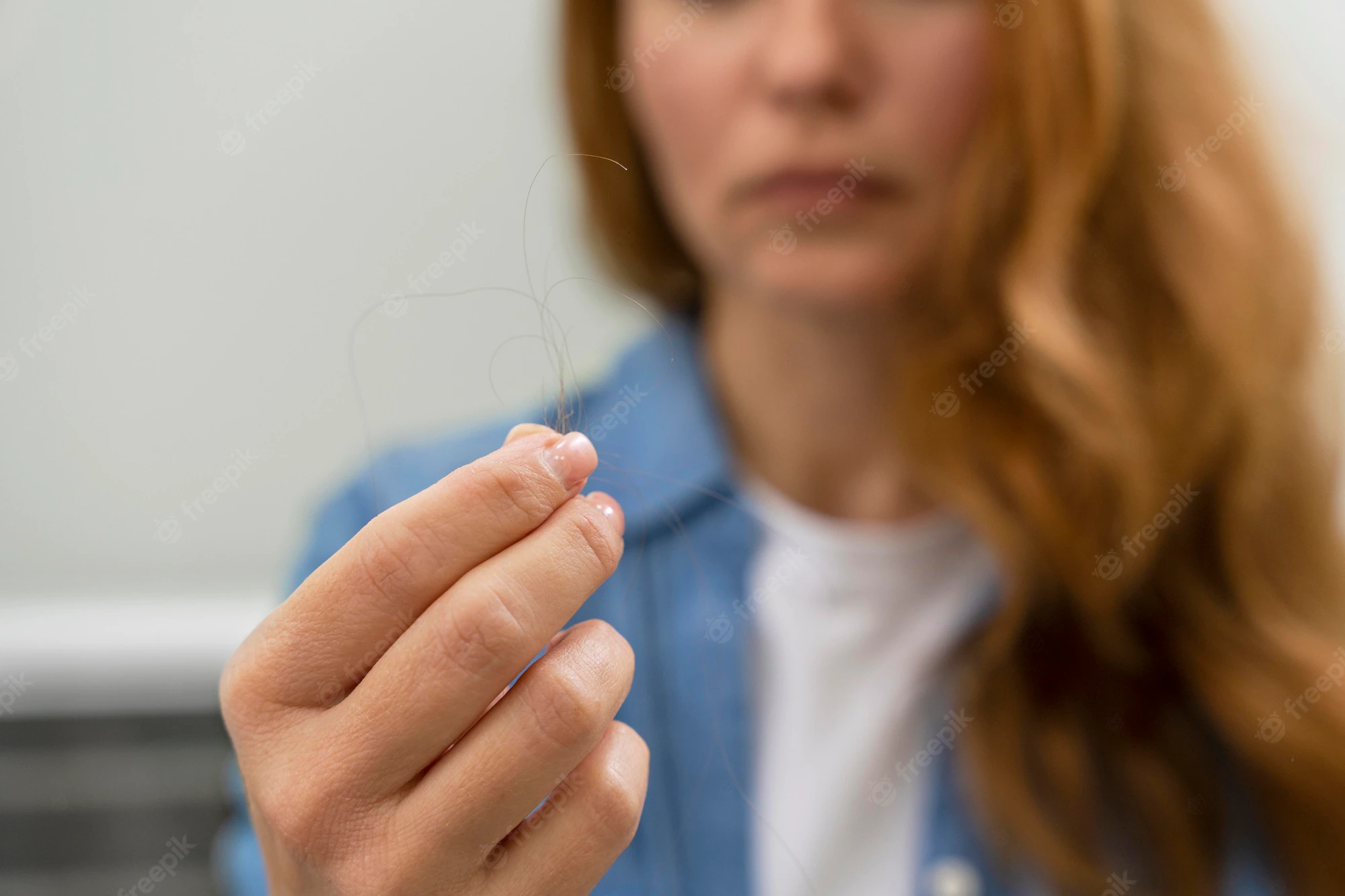
Images showing the alopecia patient during treatment with tofacitinib to regrow his hair. 1st panel- before treatment. 2nd panel- 2 months into treatment. 3rd panel- 5 months into treatment. 4th panel- 8 months into treatment. (Yale Dermatology)
A man with a rare autoimmune disease that left him hairless was able to grow hair after treatment with an arthritis drug, Medical News Today reported.
The 25-year-old man has alopecia universalis, a rare autoimmune disease that causes hair loss over the entire body when the immune system mistakenly attacks hair follicles. Doctors at Yale University tried an unusual treatment using an FDA-approved drug, tofacitinib citrate, which is designed to treat the autoimmune disease rheumatoid arthritis. The patient was able to regrow a full head of hair, eyebrows and eyelashes, facial, groin and other hair.
The drug had been shown to successfully treat a less extreme form of alopecia in lab rats and this is the first reported case of success in a person.
“There are no good options for long-term treatment of alopecia universalis,” Prof. King explains, “The best available science suggested this might work, and it has,” senior author Brett A. King, an assistant professor of dermatology at Yale University School of Medicine, said.
The patient also had been diagnosed with plaque psoriasis, a condition that causes scaly red patches to develop on the skin. Prior to treatment, the only hair he had on his body were on the psoriasis plaques on his head.
After eight months of tofacitinib treatment, the patient has regrown all his hair and has not reported any side effects. Prior to treatment, he did not have any hair on his scalp or face for seven years.
Researchers suggested that the drug works by stopping the immune system from attacking hair follicles. King has proposed a trial using a cream form of the medicine as a treatment for alopecia areata.
There are 2.5 million Americans with alopecia areata, according to the National Organization for Rare Disorders. Symptoms typically surface during childhood.
[Source:- Hairandbeauty]

